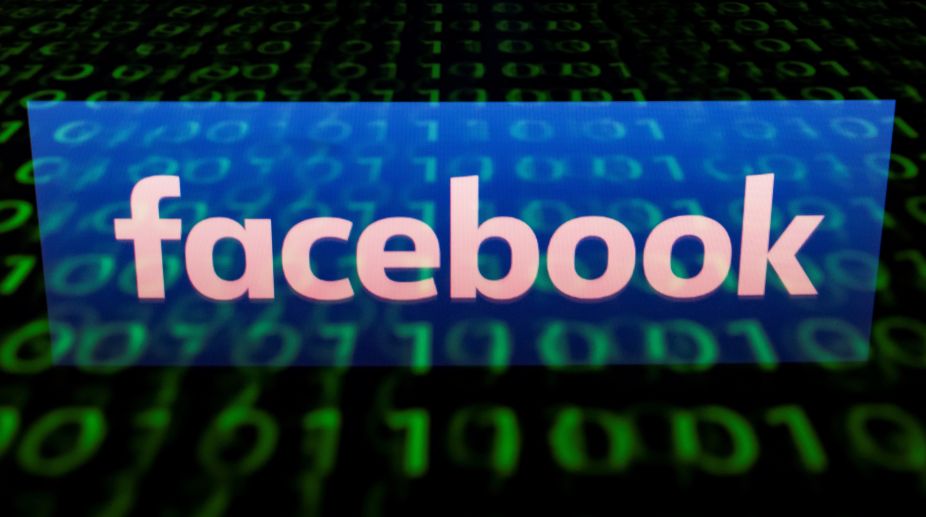In February this year, Facebook had said it was testing an experimental downvote option. The move, an apparent bid to clean up its platform and salvage its sagging reputation, aimed to improve the quality of comments on public posts.
The new tool, not a button with a thumbs-down emoji, was to be used by the community to ‘dislike’ a particular post.
The downvote link was tested among a small selection of users in the US who had shared screen grabs of the same on Twitter and other social media platforms.
Facebook seems to have now started rolling out the Reddit-style ‘downvote’ feature, letting its users register a negative reaction to posts.
Clicking the “downvote” button would hide the comment for the user, who would be asked if the comment was “offensive”, “misleading”, or “off topic”, The Next Web reported.
READ | Facebook has a new appeals process in place
The feature is not available in all countries as of now. A few users from Australia and New Zealand shared screen grabs of the up and down-vote buttons on social media.
Facebook introduced its ‘like’ button depicting a thumbs-up emoji in February 2009, allowing users to approve of or express their agreement to posts like messages, photos and other content shared on their news feed. Ever since, users have wished for a ‘dislike’ button too.
Facebook’s new ‘downvote’ tool, however, won’t be a ‘dislike’ button with a thumbs-down emoji, a feature the social media giant introduced to its Messenger platform last year along with a few other emoji reactions.
As part of its efforts to fight fake news, Facebook is also shrinking all doubtful stories on its platform. The users will miss these stories on their news feed.
The social network has engaged third-party fact-checkers who verify articles flagged by users as inaccurate. Facebook then shrinks the size of the link post in the news feed.











